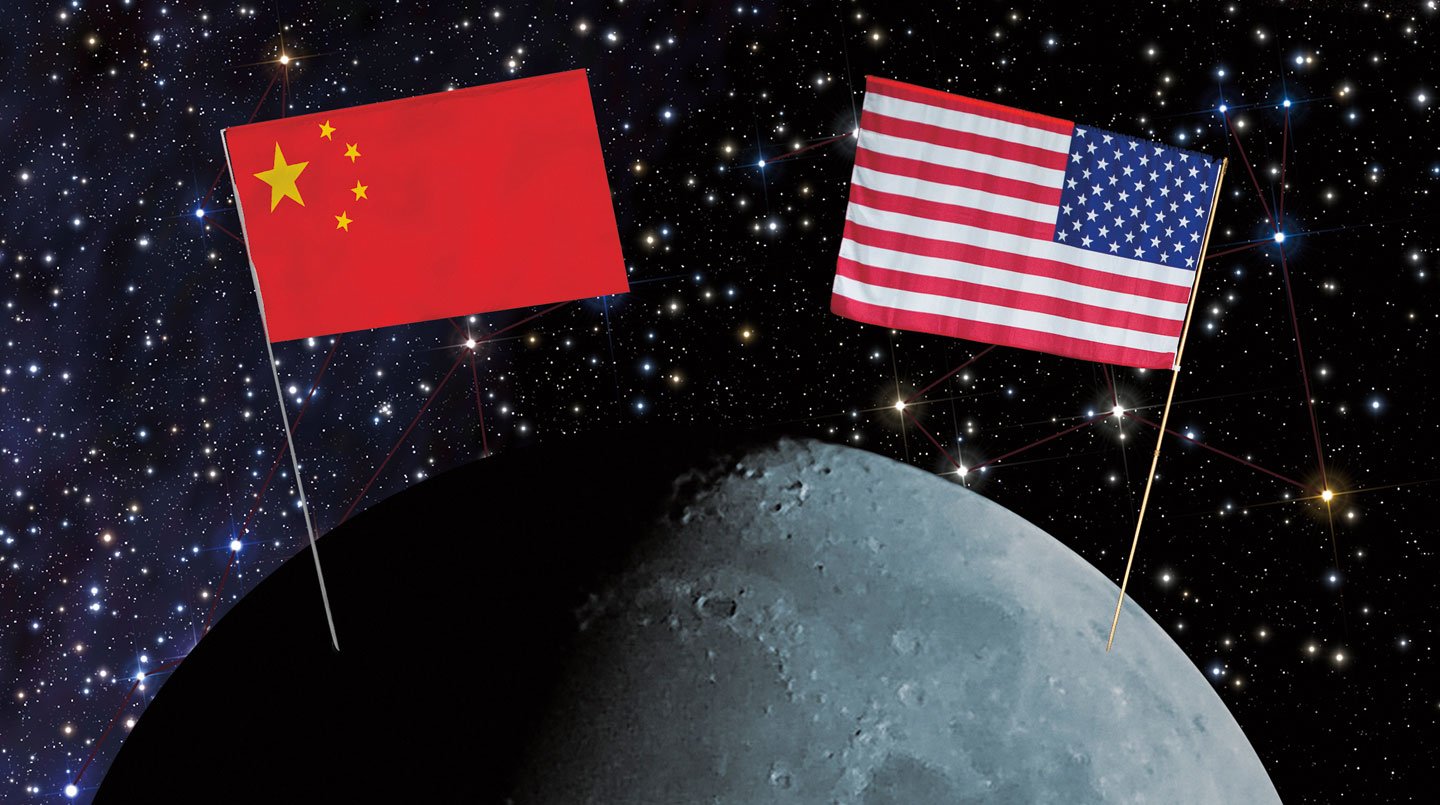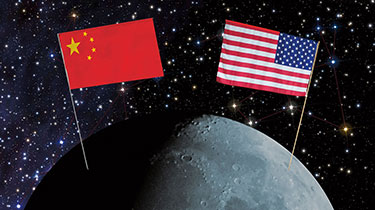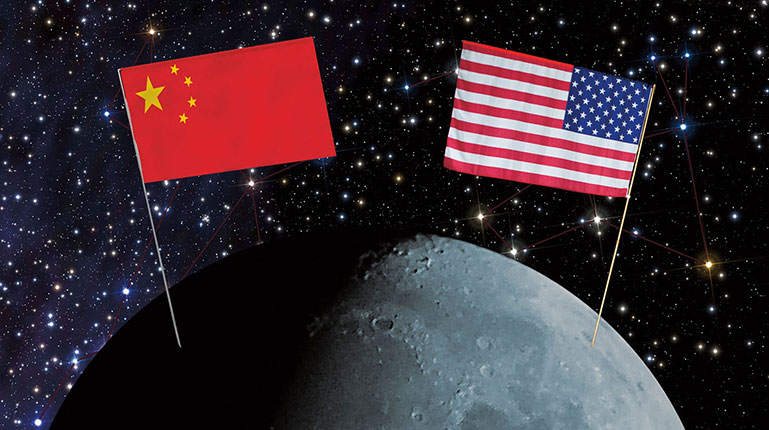The United States has put astronauts on the moon, explored Mars with rovers, and rocketed a
But China’s young space program recently achieved something the U.S. hasn’t. It landed a spacecraft on the far side of the moon.
U.S. astronauts have visited only the near side of the moon. That’s the area visible from Earth. Landing on the far side—which never faces our planet—is extremely difficult, according to experts.
So far, the craft China landed has sent back images never seen before and proved that a plant can grow in space. The mission is a stepping-stone toward the country’s larger goal: to have people living on the moon by 2030.
“China’s space program has developed so rapidly, it’s just stunning,” says space
That progress isn’t surprising. China has vowed to become the top country in space—and on Earth—within the next few decades.
What will that mean for the U.S. and for you? Here are three things you need to know.








